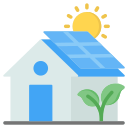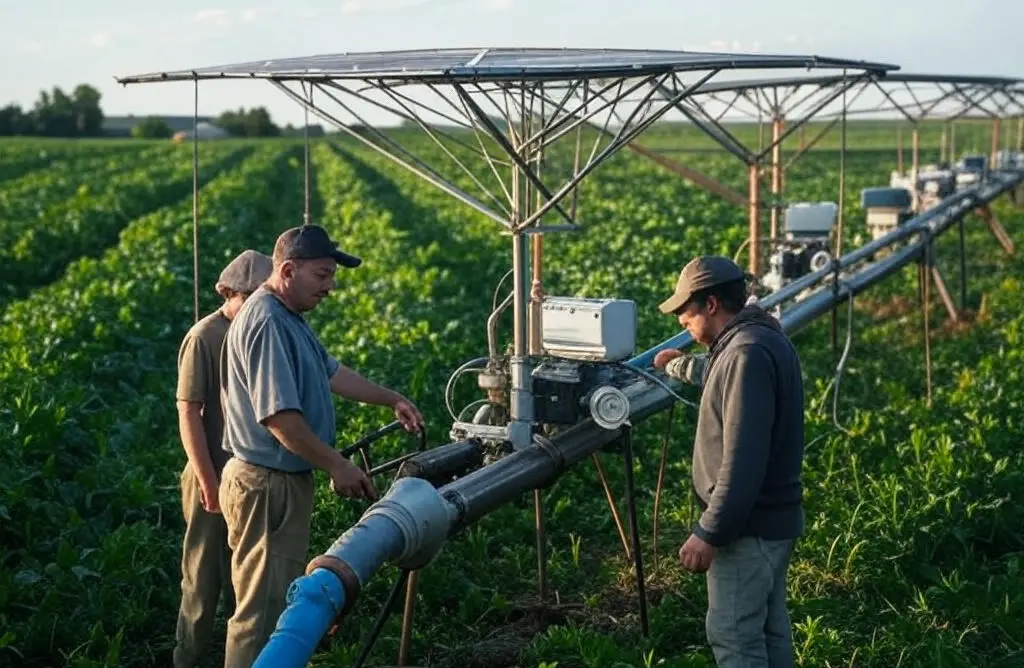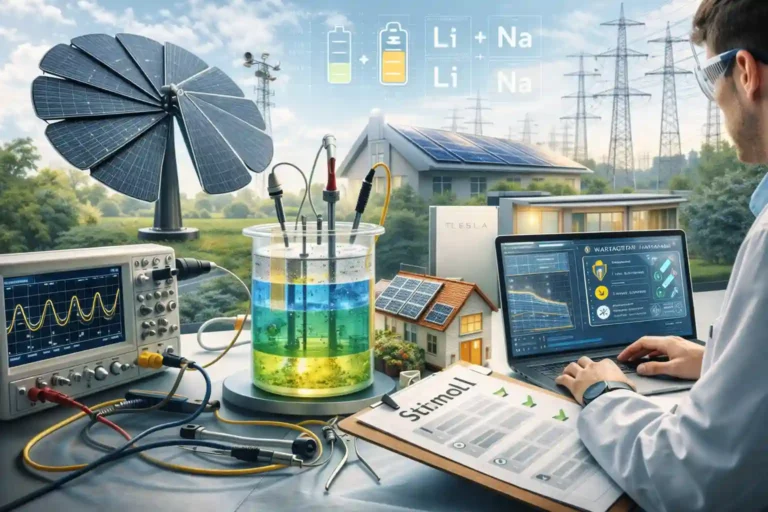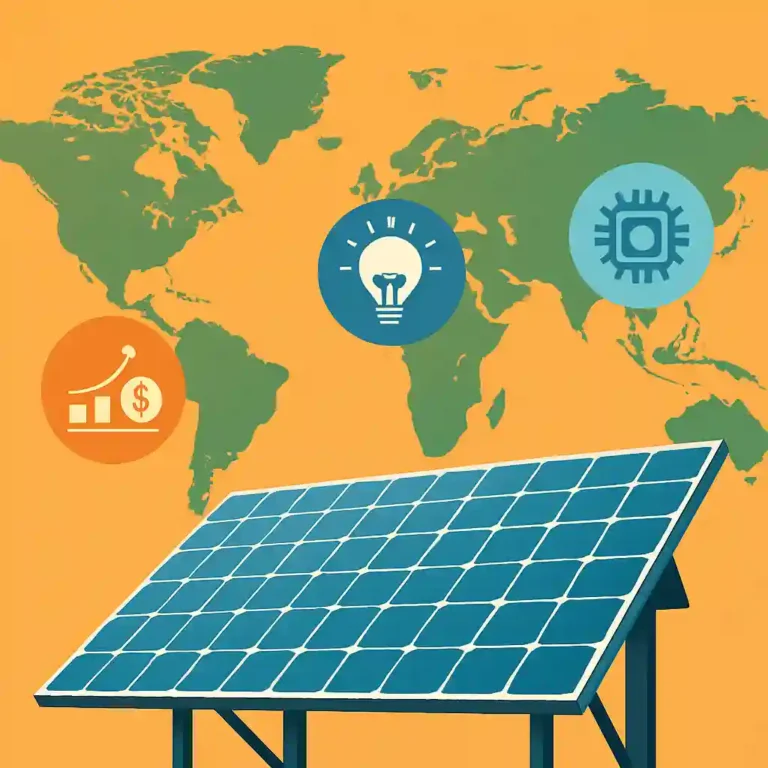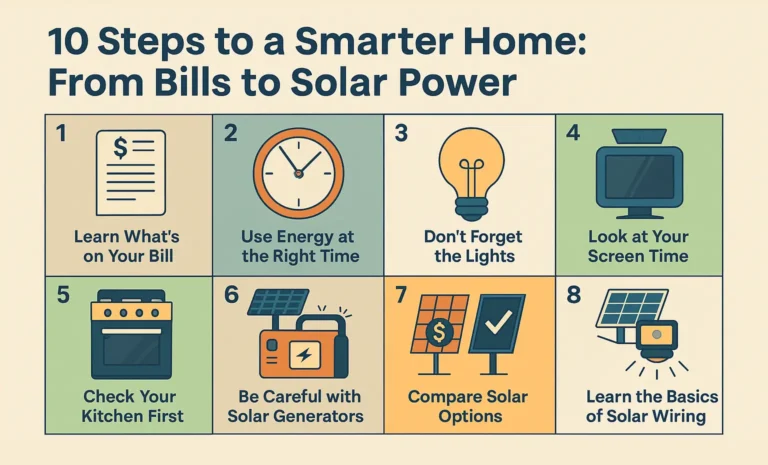Siemens Solar Launches Solar-Powered Agricultural Irrigation Initiative: Press Release
Siemens Solar is proud to announce the launch of its Solar-Powered Agricultural Irrigation Initiative, unveiled on April 07, 2025. This transformative program aims to deploy 2,000 solar-powered irrigation systems across rural farming regions in Africa, Asia, and Latin America by 2028, delivering sustainable water solutions to support 500,000 farmers. By integrating Siemens Solar’s advanced photovoltaic (PV) technology with efficient irrigation systems, this initiative addresses water scarcity and energy poverty, enhancing agricultural productivity and food security. This press release-style article provides an in-depth exploration of the program’s goals, innovative technology, phased rollout, real-world applications, and its potential to revolutionize farming practices globally, showcasing Siemens Solar’s commitment to sustainable agriculture.
Addressing Agriculture’s Energy and Water Challenges
Agriculture consumes 70% of the world’s freshwater, yet millions of farmers in developing regions lack reliable access to water and energy for irrigation. Diesel pumps, a common solution, are costly and emit significant CO2—up to 1 ton per pump annually, per the Food and Agriculture Organization (FAO). Siemens Solar’s initiative replaces these with solar-powered systems, leveraging abundant sunlight to pump water sustainably.
“Farmers need water and power to thrive,” said Dr. Amit Patel, Siemens Solar’s Agricultural Innovation Lead. “This program delivers both, sustainably and affordably.” With irrigation boosting crop yields by up to 300% in arid regions, the initiative aligns with global efforts to ensure food security amid climate change.
Program Objectives
The initiative targets:
- Deployment: Install 2,000 solar irrigation systems by 2028.
- Farmer Support: Reach 500,000 farmers, irrigating 1 million acres.
- Sustainability: Reduce CO2 emissions by 200,000 tons annually.
- Productivity: Increase crop yields by 50-100% in target regions.
Technology Powering Irrigation
The program uses Siemens Solar’s SMX-Next panels (24% efficiency), solar pumps, battery storage, and smart controllers to deliver water efficiently.
System Components
| Component | Feature | Benefit |
|---|---|---|
| SMX-Next Panels | 24% efficiency | High energy output |
| Solar Pump | 5-20 kW capacity | Pumps 50,000 liters daily |
| Battery Storage | 10-20 kWh | Supports evening irrigation |
| Controller | Smart water management | Optimizes usage |
A typical 10 kW system irrigates 10-20 acres, powered by 20 SMX-Next panels and a 15 kWh battery, ensuring reliable water delivery even during dry seasons.
Rollout Strategy
The initiative unfolds in phases:
- Phase 1 (2025): 200 systems in Kenya and India.
- Phase 2 (2026-2027): 800 systems across West Africa and Southeast Asia.
- Phase 3 (2028): 1,000 systems in Latin America and East Africa.
Partnerships with organizations like the FAO provide funding and agricultural expertise.
Real-World Applications
Kenya Pilot Project
In April 2025, 50 systems in Kenya irrigated 1,000 acres, boosting maize yields by 70% and saving $50,000 in diesel costs.
India Rice Fields
A 2025 pilot in India deployed 20 systems, irrigating 400 acres and increasing rice production by 60%.
Benefits
Each system saves $2,000-$5,000 annually, reduces emissions by 100 tons, and supports food security for millions.
Challenges and Solutions
Water availability and maintenance are addressed with modular pumps and local training programs.
Future Vision
Siemens Solar plans to scale to 10,000 systems by 2035, integrating AI for precision irrigation.
